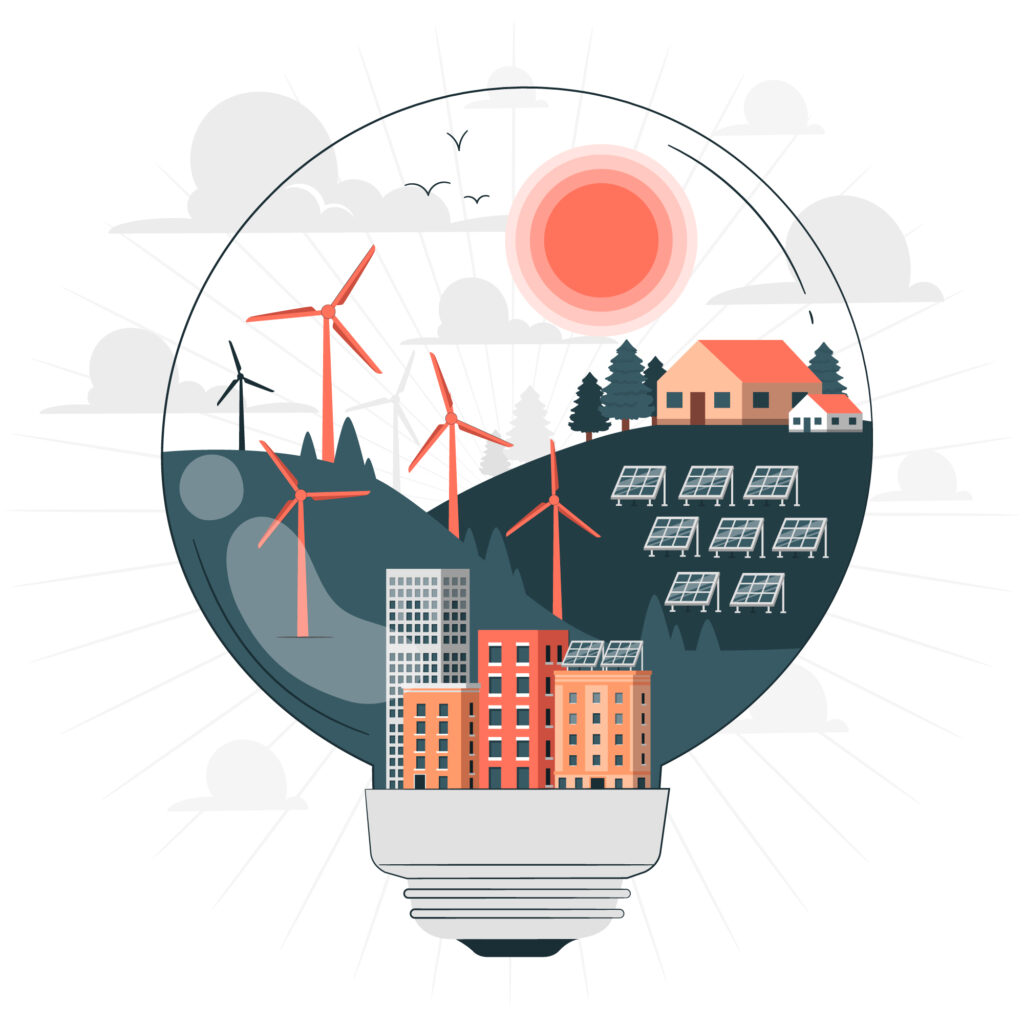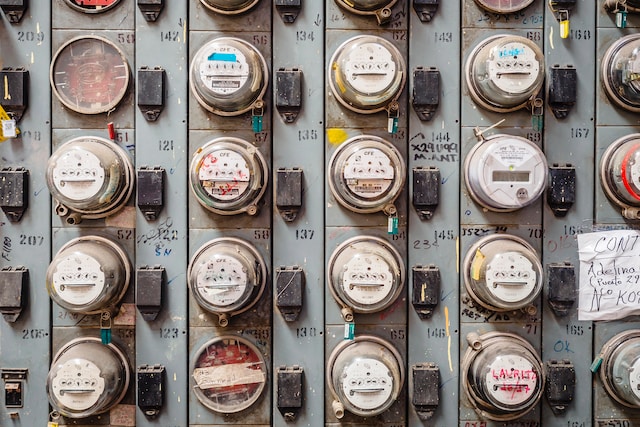In recent decades, the evolution towards a genuine energy and environmental transition has taken a fascinating course. Our social and productive system is undergoing an unprecedented transformation, and the major issues that characterise the 21st century, such as energy, digital security and socio-economic issues, among others, cannot be addressed separately. This is precisely why the digital transformation today offers new ideas and opportunities also in the purely energy field. The power of data is now obvious to scientists, engineers and economists, but it can be beyond the reach of ordinary citizens, who often lack the means to understand how much this tool can help them in their daily lives. A concrete example is how, using data collected by smart meters installed in our own homes, we can actively monitor and modify consumption profiles, whether for electricity, water or gas, to the benefit of the environment and of our wallet.
Previously, the energy market was centralised and mainly driven by a few large suppliers. However, it is now undergoing a decentralisation and orientation more in line with the real needs of individual consumers. The individual, once a mere passive recipient of energy services at home, can now aspire to be actively involved in the various stages of the production process thanks to the integration of renewable technologies into local grids and the development of Renewable Energy Communities (REC). This change in the traditional perspective of our energy market is already underway.

In this context, the energy prosumer is the key figure in each REC, combining the more traditional producer and consumer. The prosumer can cover their energy demand as independently as possible from the grid, taking advantage of their self-consumption and storing or selling the surplus to the grid. In a renewable energy community, this surplus production can be used to meet the energy demands of other members. All this implies the need for the prosumer to be aware of the production process in which he/she is involved and the functioning of the energy market.
Being active citizens and possibly involved in renewable energy communities has significant implications from a social perspective. Strata of the population with limited accees to energy supplies, either due to financial means or difficult access to the grid for geographical reasons, could benefit most substantially from local production and the formation of energy communities. The active participation of individual citizens in decision-making processes generates notable benefits, among which are, without a doubt, greater acceptance of renewable energies, as well as a greater social cohesion in the community, which by its very nature is democratic and equitable, overcoming disparities associated with gender, age or individual economic capacity. On the other hand, from an economic point of view, it is crucial to highlight that self-consumption of energy leads to significant savings in energy bills, due to a lower purchase of electricity from the grid. Furthermore, the formation of energy communities can mobilise capital at the local level and attract investment.
Within the framework of Horizon Europe, the European Union(EU) research and innovation (R&I) programme for the period 2021-2027, CARTIF is involved in the ENPOWER project. We want to contribute to the energy activation process of European citizens and to the development of renewable prosumer communities through innovative data-driven strategies. On the one hand, it is crucial to identify the impacts of the project considering parameters covering both social and environmental factors. On the other hand, we seek to assess the level of commitment of engaged European citizens, with the explicit aim of fostering the cohesion of individuals towards energy independence.
- Being active citizens in the energy transition: a collective responsibility - 10 November 2023
